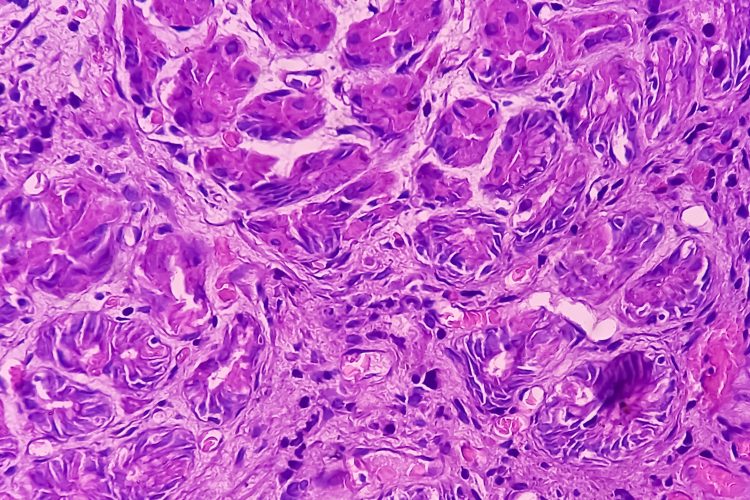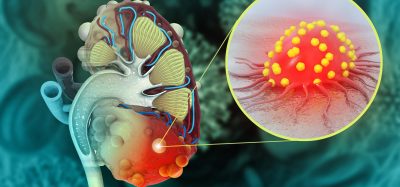ERRγ controls parietal cells generation and maturation from stem cells
Posted: 14 May 2024 | Drug Target Review | No comments yet
Researchers uncover a genetic pathway of parietal cell development, which will enable a better understanding of stomach conditions.


Researchers at Baylor College of Medicine and collaborating institutions have identified the genes that were preferentially expressed by emerging parietal cells (PCs) to guide their development. Their discovery may result in new strategies to regulate PC function in different disease settings.
The disruption of the normal activity of parietal cells (PCs) in the stomach unite common conditions like indigestion and heartburn as well as peptic ulcers, autoimmune gastritis and stomach and oesophageal cancers. PCs are the only cells in the body that produce acid, yet despite their medical importance, little is known about the molecular and genetic pathways that direct the generation and maturation of PCs from stem cells.
Corresponding author Dr Jason Mills, Herman Brown Endowed Professor of medicine – gastroenterology and co-director of the Texas Medical Center Digestive Disease Center (DDC) at Baylor, explained: “PCs secrete hydrochloric acid, which generates the strongly acidic environment in the stomach with beneficial effects, such as killing bacteria in contaminated food, facilitating food digestion and promoting absorption of minerals including phosphate, calcium and iron. But acid can also be dangerous, causing conditions from reflux to peptic ulcers to gastric bleeds that can be life-threatening.”
Knowing how these cells are generated will enable researchers to understand conditions in which the stomach produces too many PCs, or stops making PCs, which results in an acid-free stomach that promotes gastric cancer.
Dr Mahliyah Adkins-Threats, a graduate student in the Mills lab while she was working on this project and co-first author, commented: “Our first step was to generate enough PCs to study their development and maturation…PCs are long-lived (about two months), so we needed a system that would allow us to characterise the PC differentiation process in a shorter time.”
The researchers used a mouse model in which they eliminated existing PCs. “This triggered the production of new cells in which we were able to capture a first glimpse into the molecular and morphological steps involved when cells in the gastric epithelium commit to becoming PCs and then mature,” Dr Adkins-Threats said.
Then, the team used single-cell RNA sequencing to find which genes the cells were turning on or off as they became more mature PCs. It was discovered that of all the genes expressed by the cells, there was one, oestrogen-related receptor gamma (ERRγ), a gene involved in regulating cell metabolism, which was expressed in both very young parietal cells and in fully functional parietal cells. ERRγ was sufficient for the cells to develop into PCs.
“Progenitor PC cells that were committed to expressing ERRγ, were destined to eventually become mature PCs,” said Dr Mills. “Our findings indicate that ERRγ is responsible for regulating the differentiation and maturation of these acid secreting PCs.”
“Importantly, when we deleted the Esrrg gene in the gastric epithelium, whole gastric sections completely lacked any PC lineage cells, indicating that this gene is not only sufficient but also required for stem cells to commit to the PC lineage,” Dr Adkins-Threats added. “We see ERRγ as the ‘trainer’ of these young stem cells; it’s the one gene that orchestrates the dynamics of the metabolic pathways that shape stem cells into fully mature PCs.”
This study was published in Cell Stem Cell.
Related topics
Genetic Analysis, Stem Cells, Therapeutics
Related conditions
autoimmune gastritis, heartburn, indigestion, oesophageal cancers, peptic ulcers, Stomach cancer
Related organisations
Baylor College of Medicine








